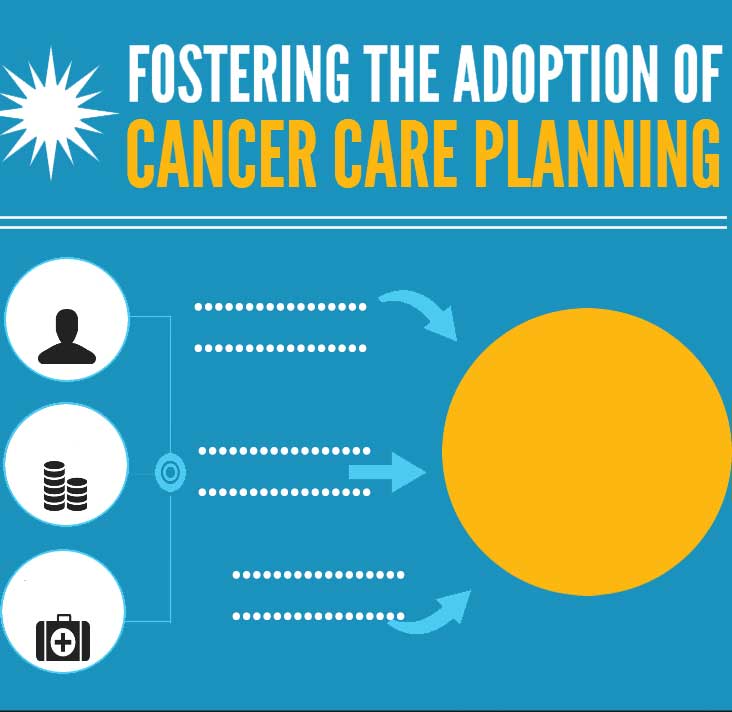WCOE: Matthew Herper Asks the Question “What Is This Worth to You?”
| What Caught Our Eye (WCOE) Each week, we take a closer look at the cancer policy articles, studies, and stories that caught our attention. |
Evie Elsaesser was born with a rare, life-threatening genetic disease causing low levels of hypophophatasia— a chemical important for bone hardening—in her blood. Although the seizures caused by the condition could be treated with existing therapies, there was no known treatment for her frail bones. Evie was enrolled in a clinical trial for a drug that replaced the needed enzyme for skeletal formation, ultimately allowing Evie to walk, run, and attend school with peers. However, at a price that is likely to cost more than $200,00 per patient per year, Herper asks, “What is this (treatment) worth to you?”
This question is not unique to Evie’s treatment, and has been raised repeatedly as new cancer therapies continue to emerge and policymakers seek ways to address cost, value, and sustainability concerns in the health care system. Most recently, a high-profile story that appeared on the television newsmagazine program 60 Minutes reported on “the ’eye popping’ cost of cancer drugs,” promoting subsequent responses such as this Forbes article—“Treating Cancer No Matter the Cost.” With payers, patients, providers, and pharmaceutical companies weighing in on the issue, many questions remain about reaching a consensus on the costs and value of these treatments while preserving incentives for innovation.
NCCS continues to monitor these discussions and offer policy comments related to this and other timely issues that impact cancer care. NCCS also recently hosted a webinar as part of our Cancer Policy Advocate Training (CPAT) Program in which the featured presenter, Dr. Peter Bach, discussed some of the issues related to costs of treatment, as well as FDA approval paths, payment reform proposals, and quality measurement in cancer care.




